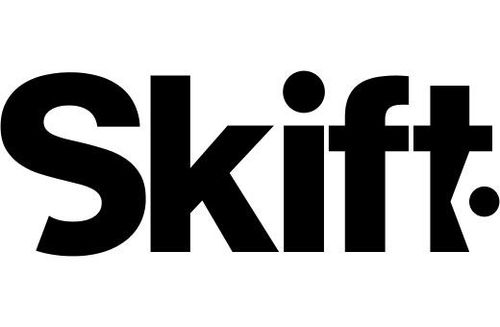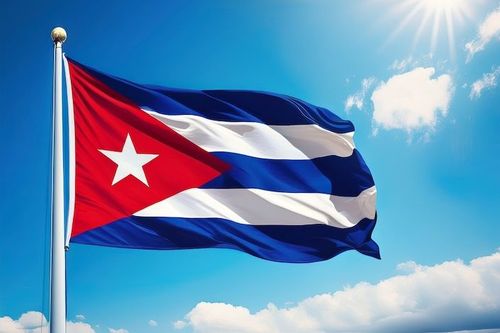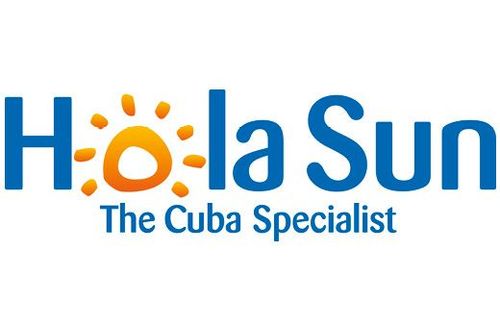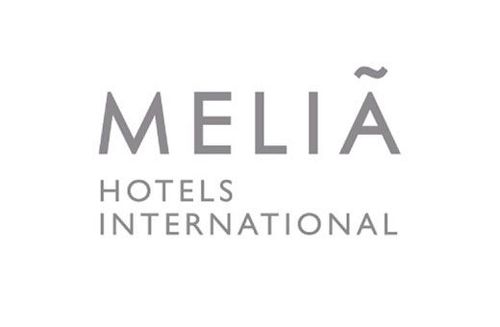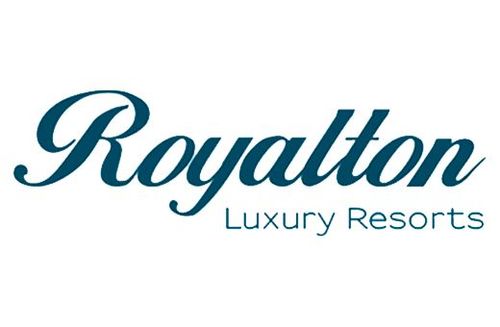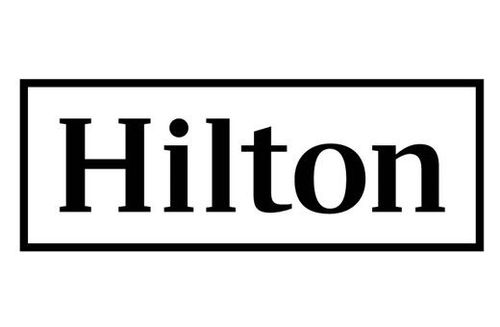Where travel agents earn, learn and save!
News / What the $2 Trillion U.S. Stimulus Package Means for Travel Businesses
All kinds of businesses have the right to make claims
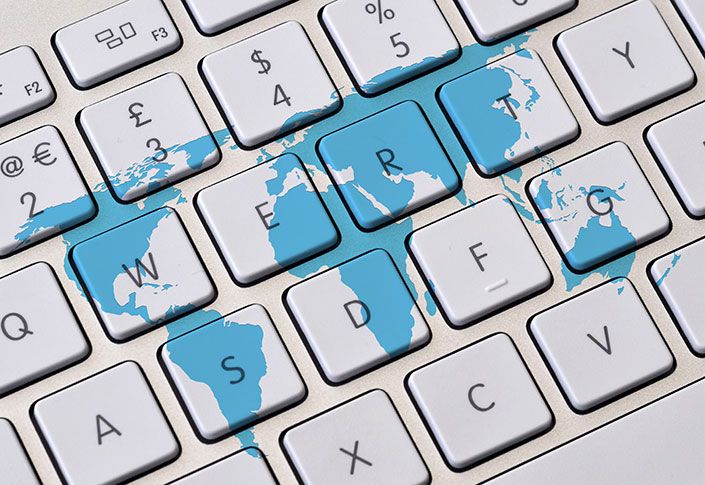
President Donald Trump last week signed what is now known as the CARES Act, a massive $2 trillion stimulus meant to keep the U.S. economic engine running despite concerns about coronavirus.
As businesses will receive a good portion of that money — individuals will receive about $600 billion, according to one estimate — now comes the complicated part for companies. They must apply for money with U.S. government agencies, which will be tasked with deciding what businesses will receive aid, and how much. That will be no small feat, as the law is not always clear about what companies are entitled to money.
All kinds of businesses have the right to make claims. But travel is at the forefront, with legislators creating special piles of money for industries hit hardest, including airlines, airports, and even travel agents. Travel businesses from segments not expressly named in the bill also will jockey for money, hoping they can apply for grants and loans to keep afloat until the coronavirus pandemic passes.
How much travel businesses receive, and how they deploy the funds, will determine the industry’s landscape for decades to come. Some will survive. Others, probably many small businesses that make up the majority of travel, won’t be as lucky.
Here are some potential winners and losers in the government’s new law.
Airlines and Airports
U.S. passenger airlines will have access to roughly $50 billion, half in grants, and half in loans.After airlines accept federal money, the CARES Act bars them from laying off or furloughing frontline employees — typically flight attendants, pilots, gate and airport agents, and ramp staff— through September. In addition, the law limits airlines from buying back shares or increasing executive compensation.
Most airlines are expected to apply for federal grants so they can meet payroll needs, and the government should make it relatively easy for carriers to get that money. However, the question of loans is murkier, Jamie Baker, an analyst at JP Morgan, wrote in a report. He noted airlines may go to the government only as a last resort, and at unclear terms.
U.S. airports also will receive $10 billion from the government. The trade group Airports Council International-North America said the money will help defray budget shortfalls and will help airports make bond payments, but said more is needed. U.S. airports are seeing a collapse in airport revenues, with far less money coming in from landing fees, parking, and concessions than expected.
The formula for allocating the stimulus funds will be worked out with the FAA and the U.S. Transportation Department.
Hotels
Individual hotel owners and big chains also will get a boost from the CARES Act, but insiders say the law offers short-term funding to an industry that needs a longer-term stimulus.Hotel operators are included in the group eligible to tap into federal small business loans set aside for businesses negatively impacted from coronavirus. A provision was added in the bill to enable many one-off hotel operators to qualify for small business benefits even if they operate under the flag of a larger brand like Marriott or Hilton. The large brands are not eligible for these federal loans.
These SBA loans are capped at 250 percent of a hotel’s monthly payroll. Loans are subject to forgiveness, meaning they don’t have to be paid back, if hoteliers re-hire employees by June 30. The measure comes as many brands have had to lay off tens of thousands of hotel staff and corporate employees.
But the relief package likely won’t give the industry enough of a lift to get back to pre-coronavirus performance levels, according to one hotel trade group CEO.
The trade group wanted the small business loan cap at a higher 400 percent monthly payroll rate in order to give operators the ability to address debt payments as well as keep most employees on payroll. Given the uncertainty on when travel restrictions will be lifted, the organization also emphasized a need for a longer timeline to recall furloughed employees.
Larger hoteliers weren’t entirely ignored by Washington. The new law’s Coronavirus Economic Stabilization Act of 2020 subset offers $454 billion in liquidity to affected industries like the hospitality sector.
The measure is meant to keep workers on payroll at mid-sized companies with between 500 and 10,000 employees. To be eligible, a larger hotel company would have to use funds to support business operations and keep 90 percent of its workforce with full salaries and benefits through the end of September. This package comes with oversight measures like salary caps as well as bans on stock buybacks while loans are outstanding.
Experts said it could take weeks for hoteliers to get more clarity on the package aimed at larger companies. In the meantime, smaller operators and employees will at least see some degree of improvement in coming weeks.
Short-Term Rentals
Property management companies in the short-term rental sector, like major online travel agencies, were working Monday to understand the fine print in the stimulus package, and were hopeful it would provide enough relief to enable partners to hang on until business normalizes.U.S. hosts may be eligible for small business grants and loans, as well as unemployment insurance.
Andrew McConnell, the CEO of Rented.com, a revenue management company for short-term rental hosts, said the stimulus package could be the “difference in survival or not” for many firms depending on the speed of the rollout.
Rented has already seen some host partners fire all staff and cease operations.
T.J. Clark, co-founder and CEO of TurnKey Vacation Rentals, said the company is reaching out to legal, banking and tax advisors to determine how to leverage the relief package.
Cruise Lines
In a late change, perhaps due to political pressure, lawmakers implicitly excluded the cruise industry from government funds.The bill states that businesses eligible for the allocated $500 billion in government loans and loan guarantees that might otherwise be allocated to cruise companies must be “created or organized in the United States or under the laws of the United States and has significant operations in and a majority of its employees based in the United States.”
None of the the big three cruise lines — Carnival Corp., Royal Caribbean, and Norwegian Cruise Lines — can easily make that claim. Each has physical headquarters in Miami, but all are incorporated and flag their ships in other nations. A large proportion of their workforce comes from other countries, and they pay comparatively little federal income tax. They also do not have to abide by U.S. labor laws.
Carnival Corp.’s CEO had previously indicated his interest in securing a loan guarantee from the government.
A coalition of environmental groups is now calling to make sure political-savvy cruise industry cannot find a way to skirt the wording by claiming they are indeed “organized in the United States” and thus deserving of aid.
Travel Advisors
There are several facets in the bill that help travel advisors, but a key win was securing the eligibility of travel advisors to apply for $25 billion in loans, loan guarantees, and investments reserved for passenger airlines, other related aviation businesses, and “ticket agents” — the statutory term for travel advisors.Politico characterized this provision as one of a handful of “special deals” included in the bill, as it’s a specific pot of money that travel advisors are entitled to that fewer businesses will seek.
Travel advisors also will be eligible for the Small Business Interruption Loans/Paycheck Protection Program, a $349 billion dollar fund disbursed by the Small Business Administration. Loans of up to $10 million are available, no collateral is required, and the application process is meant to be streamlined.
The Small Business Administration said it hopes by next week to be approving and disbursing many loans in as little as one day.
Business that did not apply for small business loans can also seek relief from the $425 billion allocated in Economic Stabilization Loans for Severely Distressed Sectors. This fund provides loans and guarantees to U.S. businesses that incurred losses directly or indirectly due to the virus.
In addition, unemployment benefits akin to those normally given to employees will be made available to independent contractors. About 40,000 independent contractor travel advisors work the United States, according to the American Society of Travel Advisors, and these workers usually do not have access to federal and state unemployment benefits.
Travel Technology
Unlike airlines or hotels, travel technology didn’t get its own carve out in the legislation. But many companies can still apply for aid.If they are considered small businesses, they will be able to tap into some of the same resources as travel advisors, including loans. During this crisis, the Small Business Administration now defines “small business” as a company with no more than $22 million in annual revenue or no more than 500 employees.
Travel tech firms should be able use payroll protection loans to pay fixed debts, payroll, accounts payable, and other bills that can’t be paid because of the disaster’s impact.
The loans are good news for many travel companies, such as Navis, which builds customer-relationship management software for hotels.
“We certainly intend to apply for applicable loans,” said Wade Tibke, vice president of marketing, technology, and software at Navis, which last week had to lay off a large portion of its workforce.
Travel tech startups, however, may not find it so easy to take government money.
Companies that have taken either significant venture capital or private equity investment may fall into a grey area. Until now, the Small Business Administration usually has not given loans to companies backed by private equity or venture capital. Lobbying groups like TechNet are asking the government to loosen that restriction.
Destination Marketing and Tourism Boards
The bill does not specifically mention destination marketing organizations or tourism boards. However, the structure of some DMOs will entitle them to certain provisions, according to Don Welsh, president and CEO of Destinations International.“The Emergency Stabilization Fund seems to be the most promising financing tool for destination organizations because it provides relief for 501©6s and other nonprofits, but policy makers are still working on guidelines for how this fund will be administered and who will be eligible,” he said.
Online Travel Companies
Expedia Group, Booking Holdings and Tripadvisor were still evaluating the relief package. Representatives from all three declined to comment.Werner Kunz-Cho, co-CEO of Fareportal, which operates CheapOair, said his company is studying the stimulus package to see how it might offset what he called a “dramatic decline” in sales.
“It is too early, right now, to conclusively determine in what capacity the package can help us,” Kunz-Cho said. “However, we are pleased that our government is stepping up efforts to support companies, such as ours, being drastically affected by this pandemic.”
More Travel News:
Thank You to Travel Agents
Barona Resort & Casino has extended their closure
Temptation: Change the date, vacay when it’s okay!
Bringing Club Med To You



